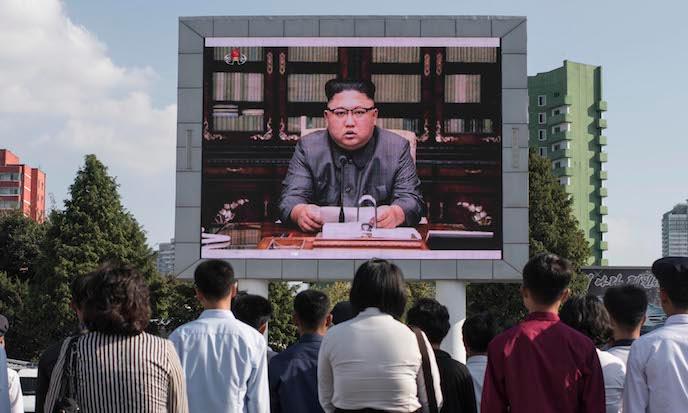North Korean Dictator Kim Jong Un may launch a missile or take some other calculated action on Columbus Day, but that doesn’t make the dictator irrational, suggested a top CIA official for the Korean Peninsula.
Not speculating as to what exactly Kim may do, Yong Suk Lee, deputy assistant director of the CIA’s Korea Mission Center, told students and reporters at George Washington University that he expected some new provocation from Kim on Oct 10.





